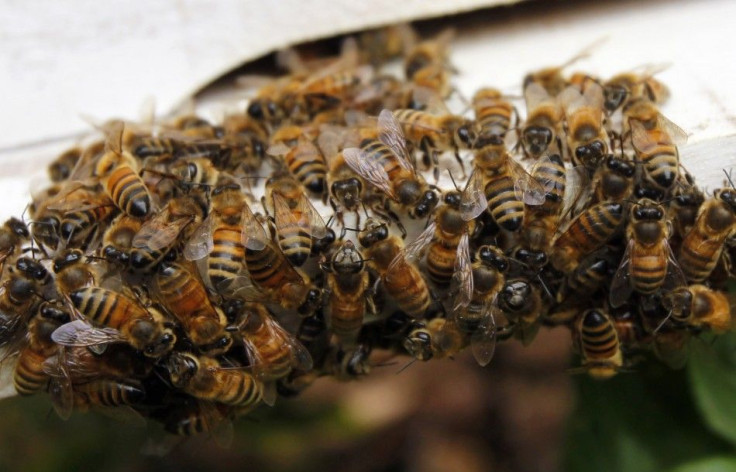France To Ban Pesticide Believed Harmful To Bees

France's agriculture ministry intends to revoke a key permit allowing the use of a pesticide believed by scientists to harm bumblebee and honeybee populations.
Manufactured by the Swiss agricultural company Syngenta AG (NYSE: SYT), the Cruiser ORS pesticide is used to coat rape seeds so crops are better protected as they sprout from the ground. However, recent scientific studies indicated the pesticide may disrupt the nervous systems of bees as they land on and pollinate crops.
In separate studies published online by Science magazine on March 29, researchers at the U.K.'s University of Stirling and at France's National Institute of Agronomic Research reported there is a possibility the chemical contributes to a little-understood phenomenon called Colony Collapse Disorder, which leads entire colonies of bees to either migrate away or mysteriously die.
Syngenta has disputed the assertion.
Bees are essential in the pollinating of the world's food supply: If their numbers significantly drop, crop yields will significantly drop, as well.
The Natural Resources Defense Council has estimated the U.S. could lose $15 billion worth of crops, and that, so far, one-third of all bee colonies have collapsed in the U.S. Crops such as apples, broccoli, and onions would be unable to grow without the pollinating effect of honeybees, the NRDC said.
Syngenta will have until the middle of this month to offer countering evidence before the ban in France would take effect, reported Reuters.
To protect rapeseed plants, there exist alternatives to coating seeds that are already widely used. If the withdrawal of the authorization [for Cruiser OSR] is confirmed, farmers will therefore have solutions to call on, Reuters quoted French Agriculture Minister Stephane Le Foll as saying.
In Friday's trading, Syngenta lost 51 cents, or 0.11 percent, to close at $64.25 a share.
© Copyright IBTimes 2024. All rights reserved.





















